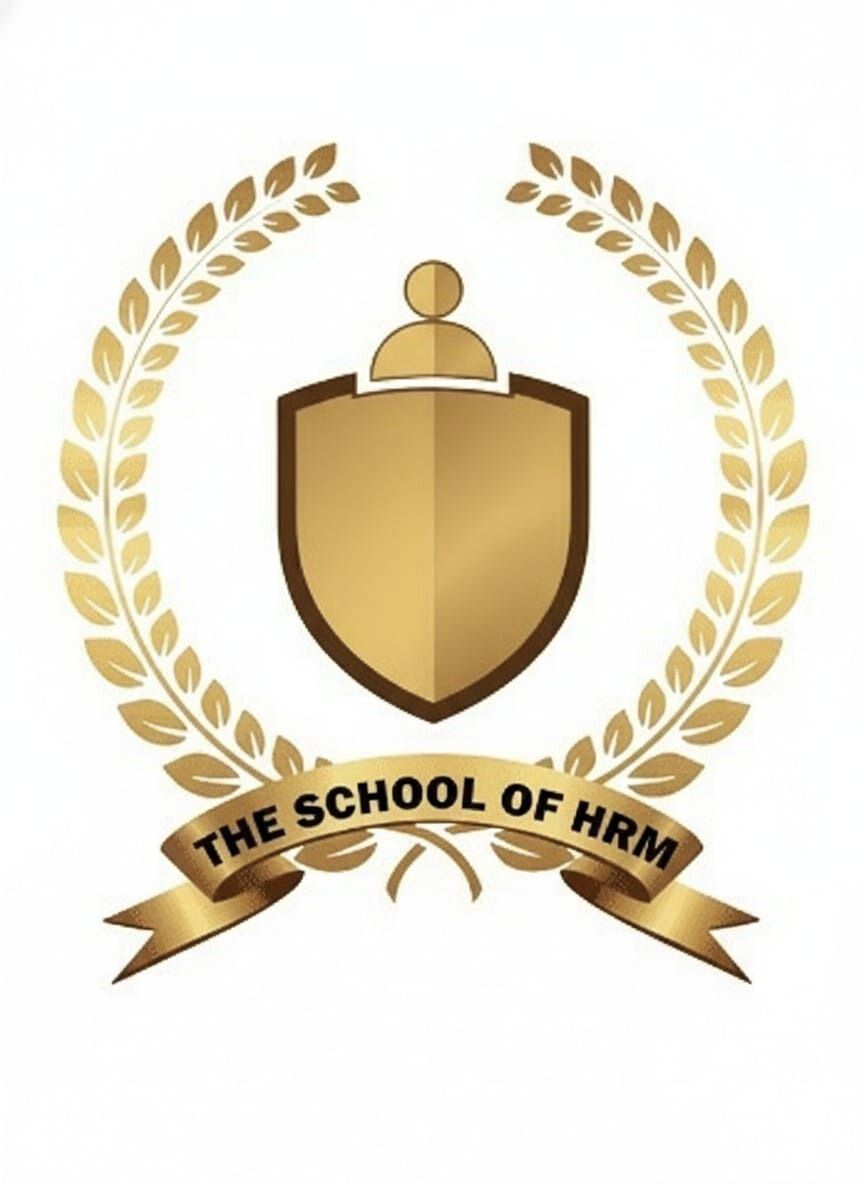| File | Action |
|---|---|
| PAPER 2 | Download |
| PAPER 1 | Download |
Our Courses
Latest HRM/Labour Welfare [Code-55] Syllabus
| Units Name | Subject/Topics Include |
| Unit – I Principles and Practices of Management | Principles and Practices of Management: Development of management Thought, Contributions of Taylor, Fayol, Mayo, Mary Parker Follett and C.I. Barnard. Behavioural Approach, Systems Approach, Quantitative Approach and Contingency Approach. Function of Management: Planning and Decision Making, Organising, Staffing, Directing, Controlling, Coordinating. |
| Unit – II Human Resource Management |
Human Resource Management: Conceptual framework, Human Resource Planning, Job Analysis, Recruitment, Selection, Placement, Induction, Training and Development, Performance Management, Job Evaluation, Compensation Management, Employee Benefits and Incentives, Managing Career. New Trends in HRM: Changing environment of HRM and contemporary challenges, Emerging HRM Concepts |
| Unit – III Human Resource Development (HRD) |
Human Resource Development (HRD): Concepts, Assumptions, Values, HRD Mechanisms, Action – research Model, HRD Culture and Climate, HRD Interventions, HR Accounting and Audit, Consultant – client relationship, Knowledge Management, Human Resource Information System. International Human Resource Management (IHRM): Organisational context of IHRM, IHRM and Sustainable Business, Functions of IHRM, Cross – Cultural Studies, Cultural Diversity, Transnational Organisations, IHRM models. |
| Unit – IV Organizational Behaviour |
Concept, Scope, Nature of human behaviour, Personality, Perception, Learning, Attitude, Motivation, Interpersonal Behaviour, Group Dynamics, Leadership, Communication, Power and Authority, Stress, Organisational Change and Development |
| Unit – V Industrial Relations: |
Industrial Relations: Concept, Scope, Evolution, Approaches, Actors and Models, Conflict and cooperation, Bi-parasitism, Tri-parasitism, Collective Bargaining, Workers’ Participation in Management, Grievance Handling and Disciplinary Action, Code of Conduct, Industrial Relations in changing scenario, Employers’ organisations. Trade Unions: Concepts, Evolution, Problems of trade unions in India, Recognition, The Trade Unions Act, 1926. The emerging role of trade unions in India |
| Unit – VI Industrial Disputes |
Factors, Forms, Trends, Prevention and Settlement, Role of State and Central Labour Administration, Strikes and Lockouts. The Industrial Employment (Standing Orders) Act, 1946. The Industrial Disputes Act, 1947. |
| Unit – VII Labour Legislation: |
Objectives, Principles, Classification and Evolution. International Labour The organisation, Social Justice and Labour Legislation, Indian Constitution and Labour Laws. * The Factories Act, 1948. * The Mines Act, 1952. * The Inter-state Migrant Workmen (Regulation of employment and conditions of service) Act, 1979. *The Contract Labour (Regulation and Abolition) Act, 1970. * The Building and other Construction Workers (Regulation of employment and conditions of service) Act, 1996. * The Child Labour (Prohibition and Regulation) Act, 1986. |
| Unit – VIII Wages: |
Concept, Types, Factors influencing wages, Wage Theories, and Wage Differentials * The Minimum Wages Act, 1948. * The Payment of Wages Act, 1936. * The Payment of Bonus Act, 1965. * The Equal Remuneration Act, 1976. * The Payment of Gratuity Act, 1972. * The Employees’ Provident Fund and Miscellaneous Provisions Act, 1952 |
| Unit – IX Labour Welfare: |
Labour Welfare: Concept, Scope, Types, Theories and Principles, Industrial Health and Hygiene, Industrial Accidents and safety, Occupational Diseases Social Security: Concept and Scope, Social Assistance and Social assurance. |
| Unit – X Labour Market |
Features, Demand, and Supply of Labour, Nature, and Composition of Indian Labour Force, Unemployment and Underemployment, Types of Labour Market, Characteristics of Indian Labour Market, New Dynamics of Labour Market in India, Economic Systems and Labor Market, Problems of Labour in India. |
PAPER 1
Online Registration


